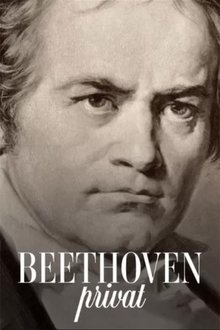This is a film about Ludwig Wittgenstein and Arnold Schoenberg; two men whose lives and ideas run parallel in the development of Viennese radicalism. Both men emerged from the turmoil of the Habsburg Empire in its closing days with the idea of analyzing language and purging it with critical intent, believing that in the analysis and purification of language lies the greatest hope that we have. They never met and might never have fully understood one another, because while the nature of their genius they found themselves alone breaking new ground of the very frontiers of their respective disciplines. But their work springs from the same soil and shares a common ethical purpose, so that their ideas and methods echo and illuminate those of each other to a remarkable degree.
Related Movies
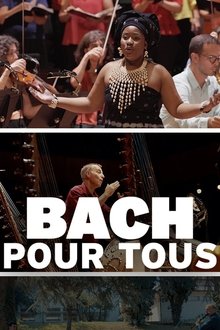
Bach pour tous (2023)
A musical journey in the footsteps of conductor Michel Brun, an atypical character, an atheist, who nevertheless plays sacred music, and who devotes his life to Johann Sebastian Bach. With the musicians of the Ensemble Baroque de Toulouse.

Toscanini in His Own Words (2009)
This film is a docufiction on the great Toscanini directed by well-known filmmaker Larry Weinstein; who pushes the boundaries of conventional documentary storytelling by borrowing tools from fiction films; including dramatic reconstructions and historical cinematic stylings.

Young, Gifted and Classical: The Making of a Maestro (2016)
Sheku Kanneh-Mason made history in 2016 when he became the first black winner of the BBC Young Musician competition. Sheku has six musically gifted siblings and this film explores their extraordinary talents and issues of diversity in classical music. We follow Sheku and his brothers and sisters and examine the sacrifices that parents Stuart and Kadie make in order to support their children in pursuing their musical dreams. Told through the prism of family life we get an understanding of what it is that drives this family to be the best musicians they can be. At the heart of the story is 17-year-old Sheku, and we see him coming to terms with his Young Musician win and the pressures and opportunities it brings. His life is changing dramatically as he now has to learn to deal with the challenges of becoming a world-renowned cellist.

Seiji Ozawa — Back to Japan (2018)
The 82-year-old Japanese Seiji Ozawa is one of the last remaining conductor legends of a golden era. Portrait of the ambitious maestro and educator who made the western repertoire really well known in Japan.

4 (2007)
In four corners of the globe, in each of the four seasons, four outstanding violinists guide us on an extraordinary journey through their four distinct homelands. From the springtime blossoms of Japan, into the blistering heat and thunderstorms of an Australian summer; from a joyful autumn in New York, to the unforgiving cold and human warmth of a Finnish winter. The resonant and much-loved music of Antonio Vivaldi's The Four Seasons and the timeless stories they tell, form the backbone to this bold and engaging celebration of friendship, homeland and the cycles of life.
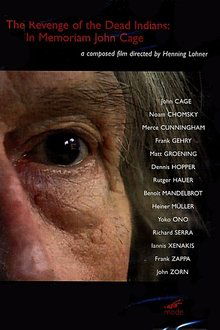
The Revenge of the Dead Indians (1993)
This is a full-length documentary honoring the life and work of American composer and artist John Cage. Cage is considered one of the most influential composers of the 20th century. This documentary features interviews with various personalities from different fields as they introduce us to the life and work of this great American artist.
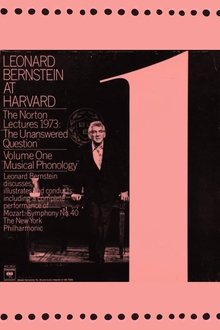
The Unanswered Question I : Musical Phonology (1976)
This series comprised six lectures on music, which cumulatively took the title of a work by Charles Ives, The Unanswered Question. Bernstein drew analogies to other disciplines, such as poetry, aesthetics, and especially linguistics, hoping to make these lectures accessible to an audience with limited or no musical experience, while maintaining an intelligent level of discourse: Phonology is the linguistic study of sounds, or phonemes. Bernstein's application of this term to music results in what he calls "musical phonology".

Song for Hope (2022)
When diagnosed with terminal cancer, a world renowned trumpet player uses music to give hope from concert stages to mountain tops, proving art is essential to survival.
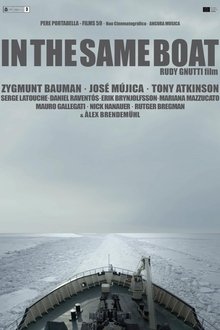
In the same boat (2016)
A documentary about the technological progress responsibility in employment destruction, analyzed by philosopher Zygmunt Bauman and others.

The Spectre of Marxism (1983)
The impact of Marx on the 20th century has been all-pervasive and world-wide. This program looks at the man, at the roots of his philosophy, at the causes and explanations of his philosophical development, and at its most direct outcome: the failed Soviet Union.
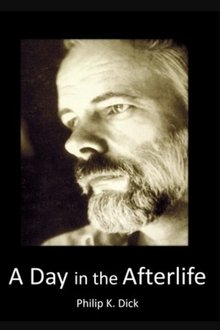
Philip K Dick: A Day in the Afterlife (1994)
A poetic look at the life and legacy of legendary author Philip K. Dick (1928-1982), who wrote over over a hundred short stories and 44 novels of mind-bending sci-fi, exploring themes of authority, drugs, theology, mental illness and much more.
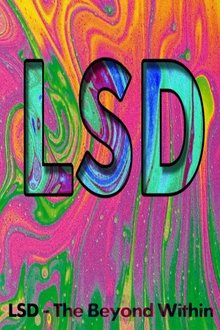
LSD: The Beyond Within (1986)
This refreshingly frank and impartial study of the discovery and development of the notorious hallucinogenic drug is notably free of moral judgmental, and features contributions from such legendary heroes of psychedelia as Albert Hoffman - the Swiss scientist who discovered the drug - Aldous Huxley - author of 'The Doors of Perception' - Ken Kesey - author of 'One Flew Over the Cuckoo's Nest.
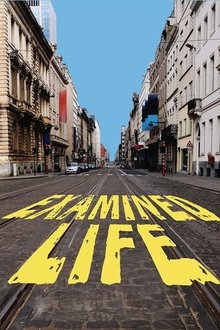
Examined Life (2008)
Examined Life pulls philosophy out of academic journals and classrooms, and puts it back on the streets. Offering privileged moments with great thinkers from fields ranging from moral philosophy to cultural theory, Examined Life reveals philosophy's power to transform the way we see the world around us and imagine our place in it.
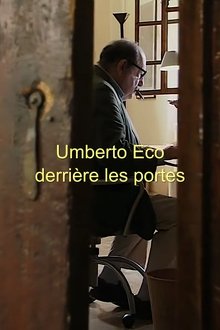
Behind the Doors of Umberto Eco (2012)
Umberto Eco, the author of best-selling novels who passed away in February 2016, unveils the secrets behind his undertakings and novels.
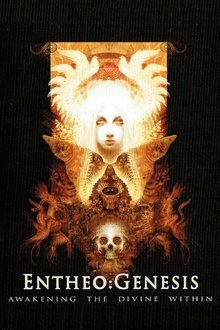
Entheogen: Awakening the Divine Within (2006)
A feature length documentary which invites the viewer to rediscover an enchanted cosmos in the modern world by awakening to the divine within. The film examines the re-emergence of archaic techniques of ecstasy in the modern world by weaving a synthesis of ecological and evolutionary awareness,electronic dance culture, and the current pharmacological re-evaluation of entheogenic compounds.
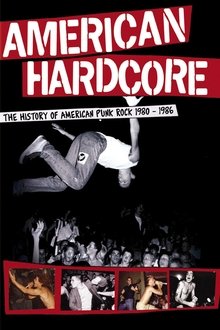
American Hardcore (2006)
Inspired by Steven Blush's book "American Hardcore: A tribal history" Paul Rachman's feature documentary debut is a chronicle of the underground hardcore punk years from 1979 to 1986. Interviews and rare live footage from artists such as Black Flag, Bad Brains, Minor Threat, SS Decontrol and the Dead Kennedys.

One Fire One Mouth (2021)
J Fever, China’s greatest “rap poet”, reinvents the origin myth of fire, in an exquisite performance with Shanghai Philharmonic in Shanghai Concert Hall, featuring composer Soulspeak and Yehaiyahan.
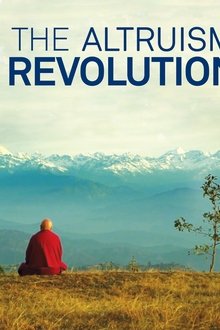
The Altruism Revolution (2015)
For generations, we have believed that man is driven by ruthless self-interest. But over the past decade, this idea has been increasingly challenged. New research from fields as diverse as political science, psychology, sociology and experimental economics is forcing us to rethink human actions and motivation. ‘The Altruism Revolution’ examines the scientific reasons behind the call for a more caring society.
